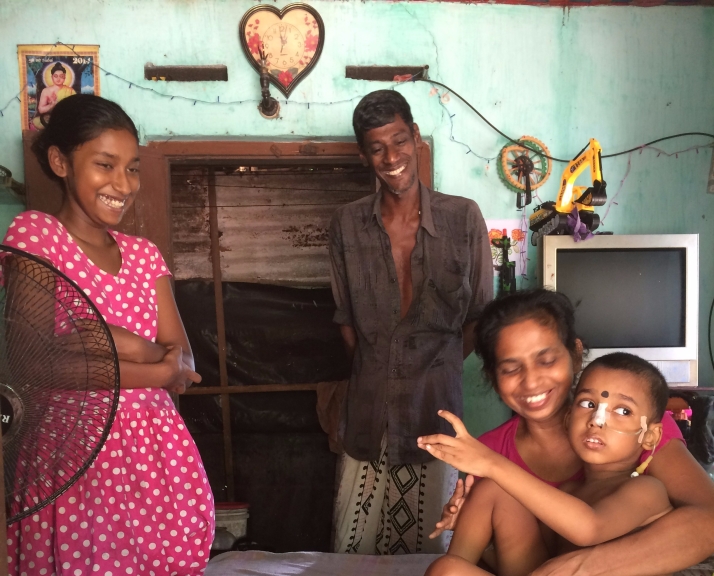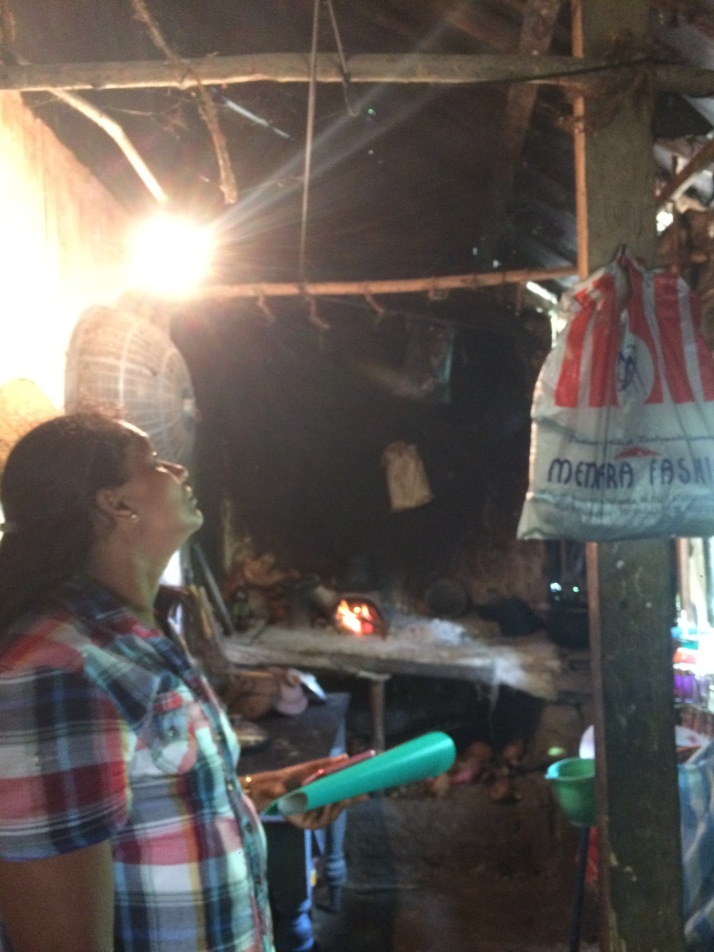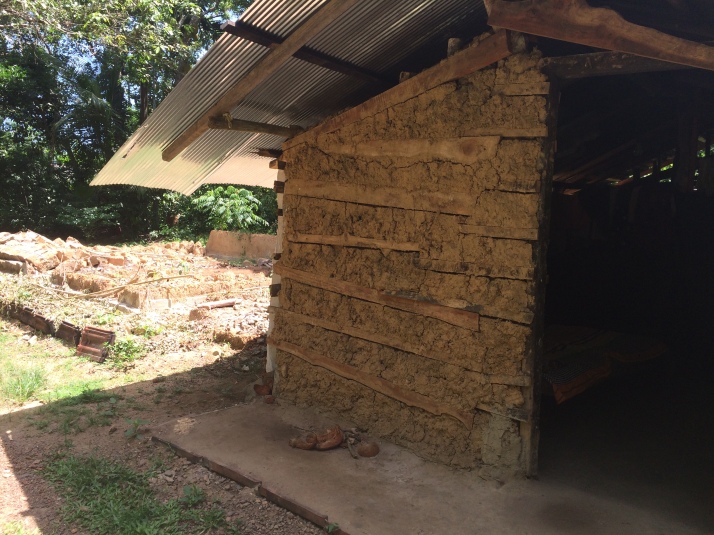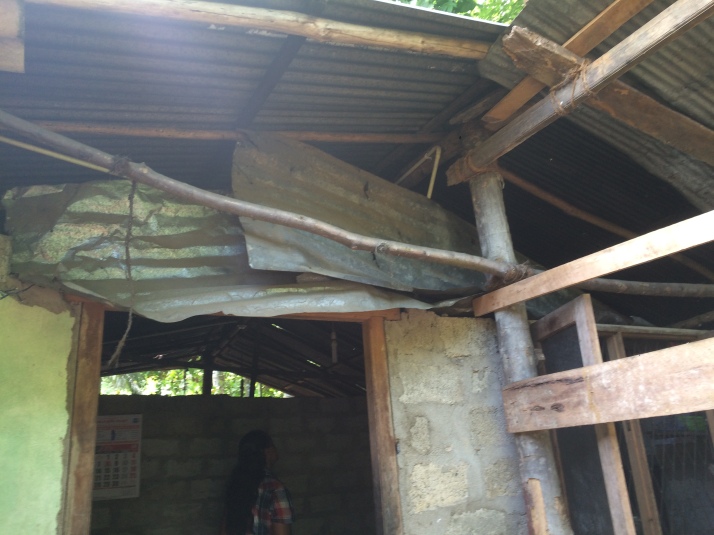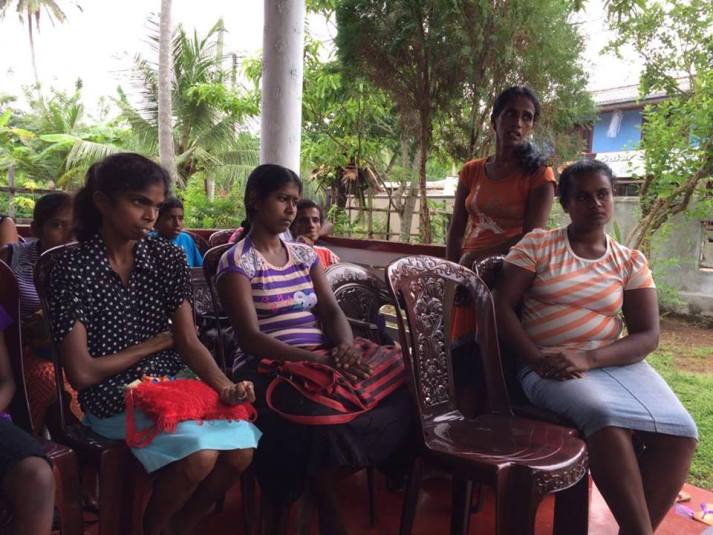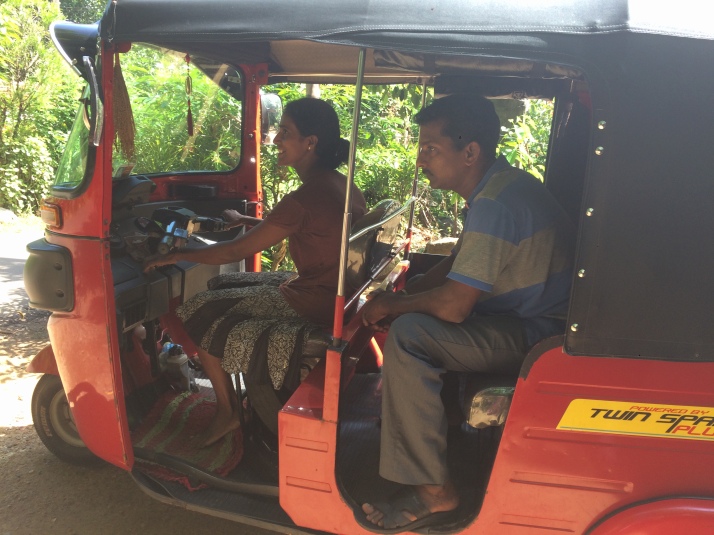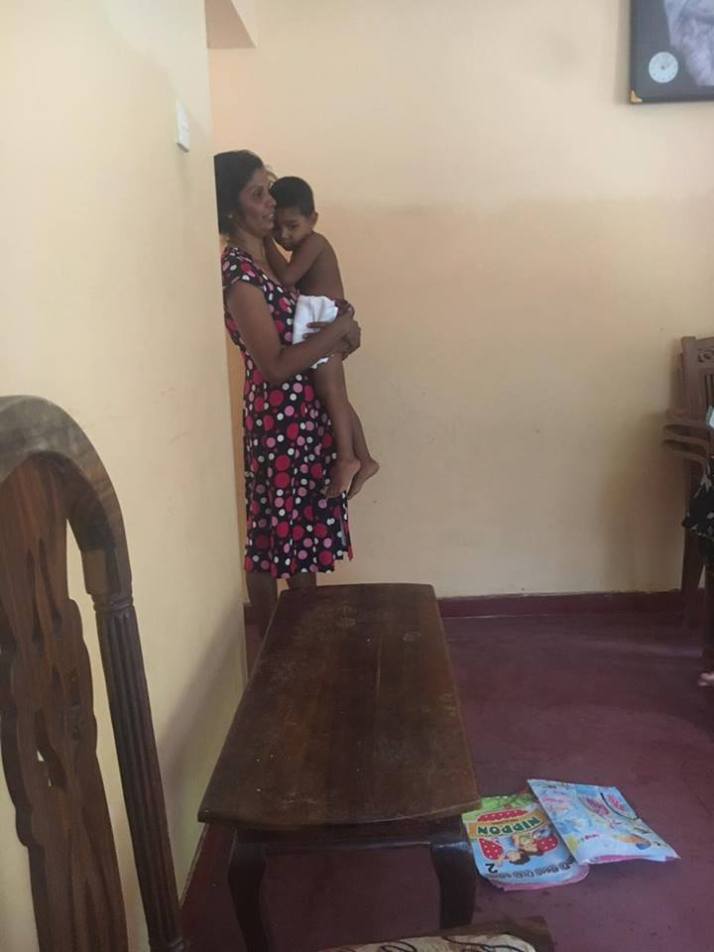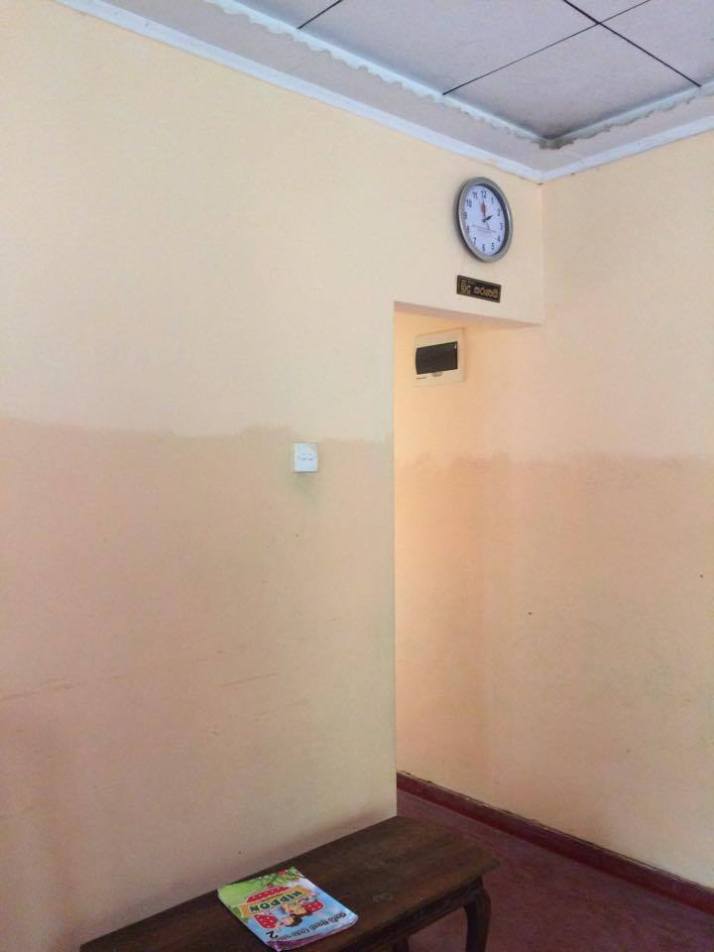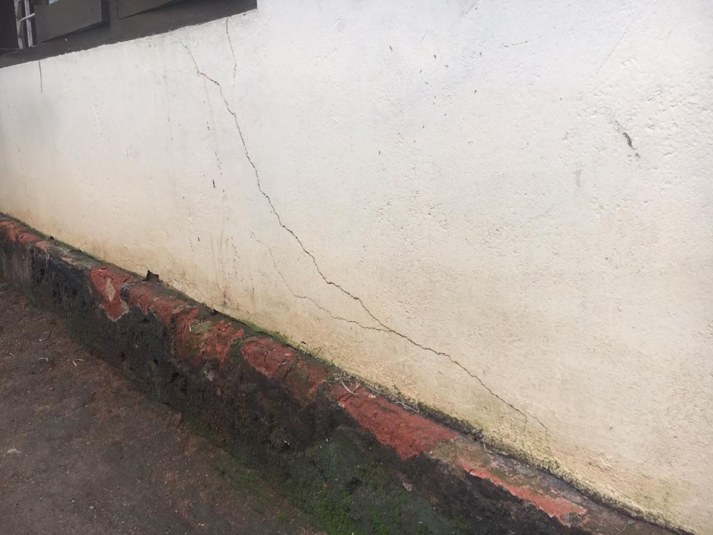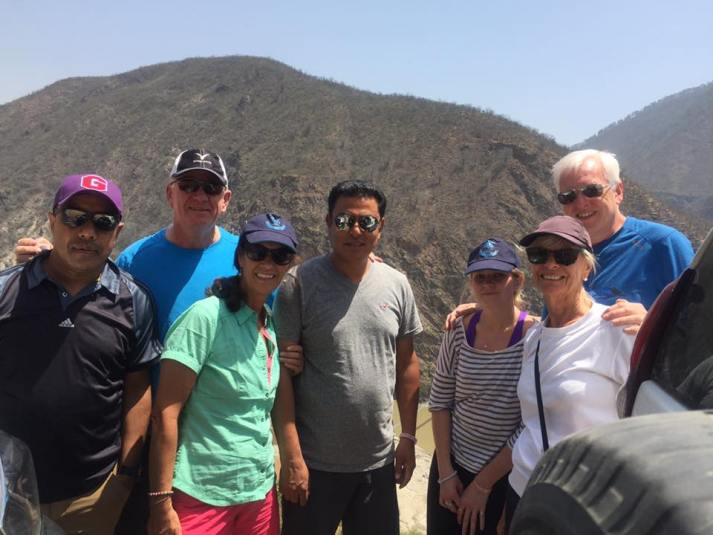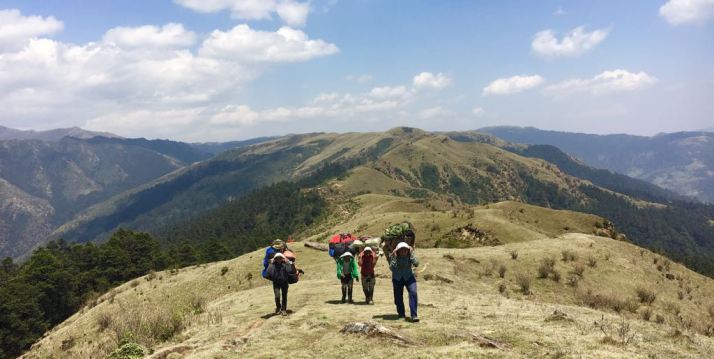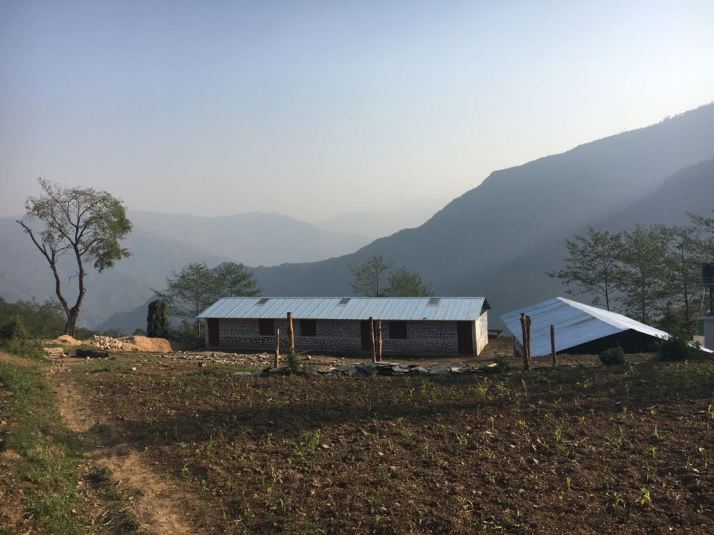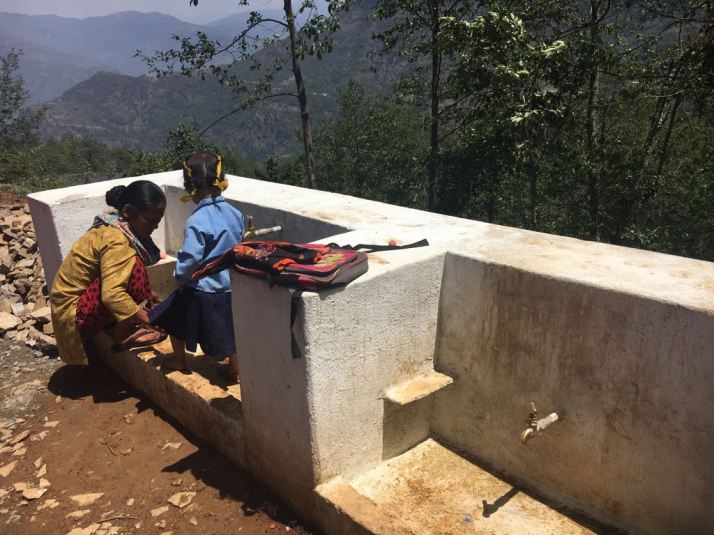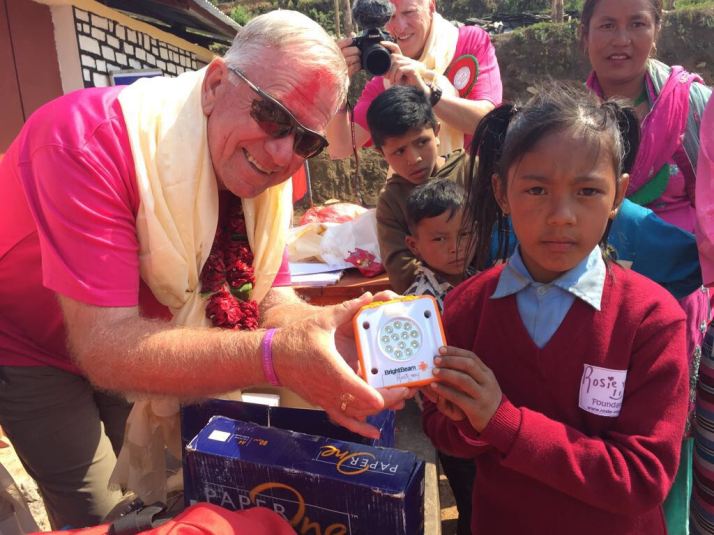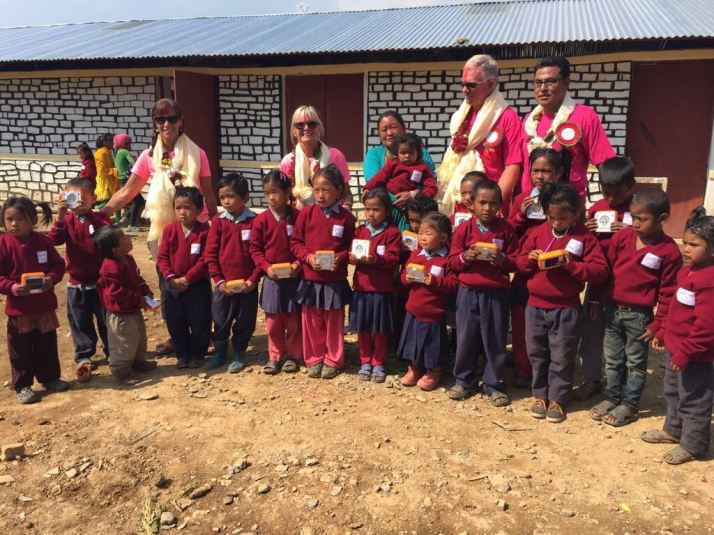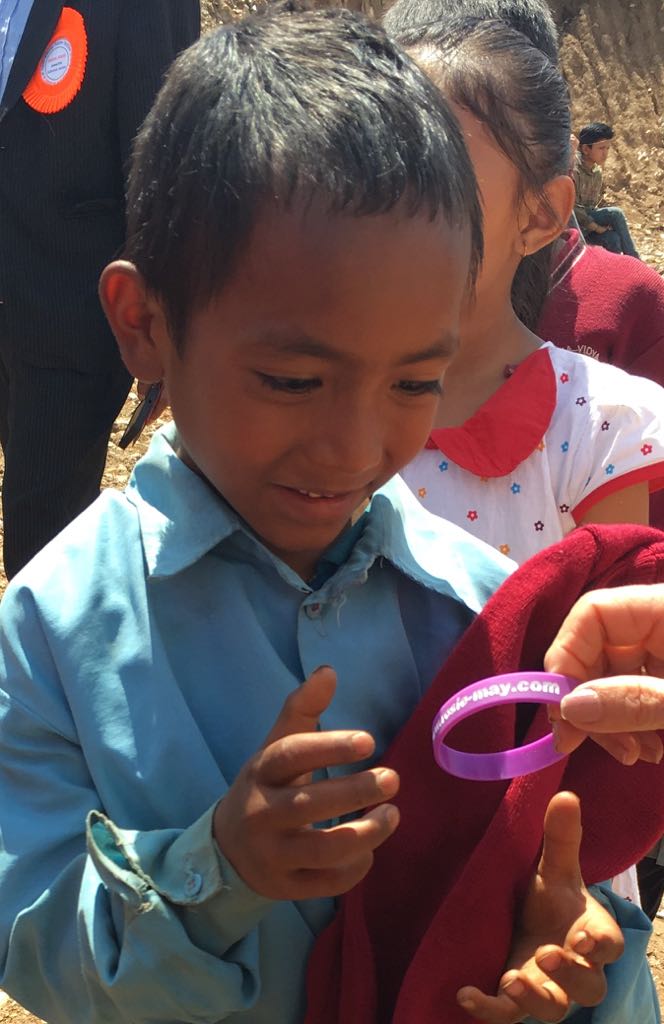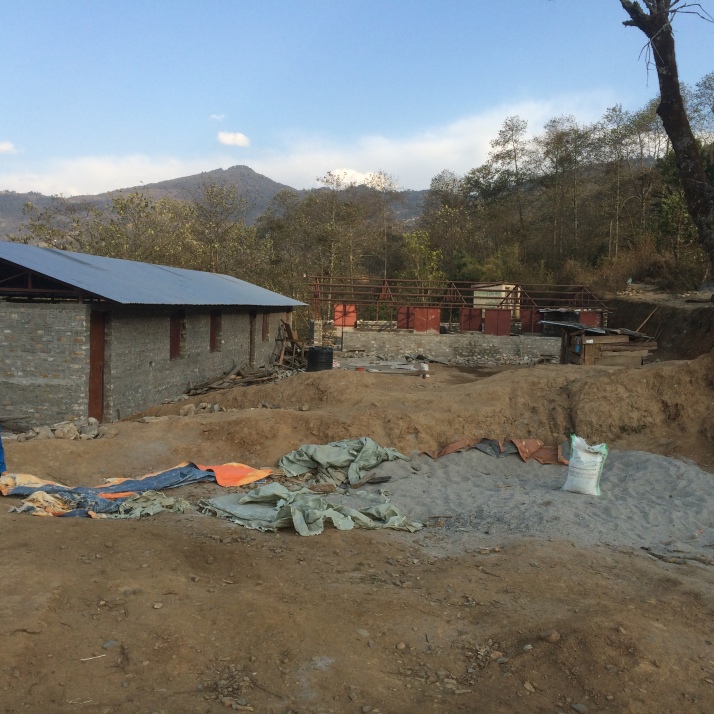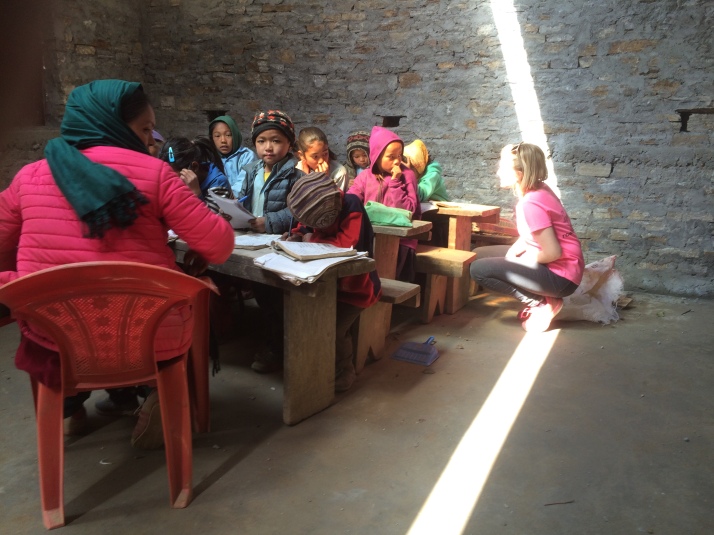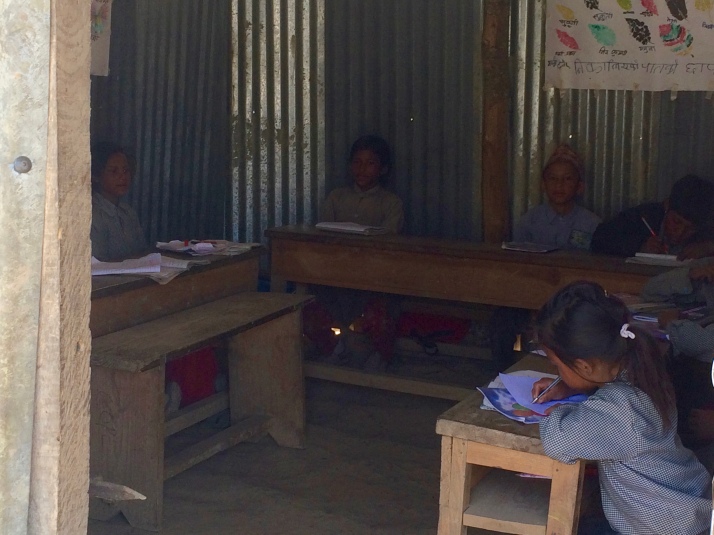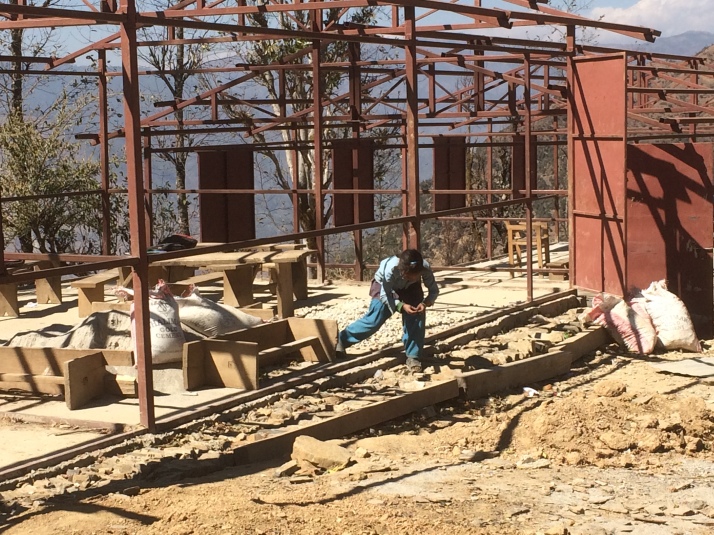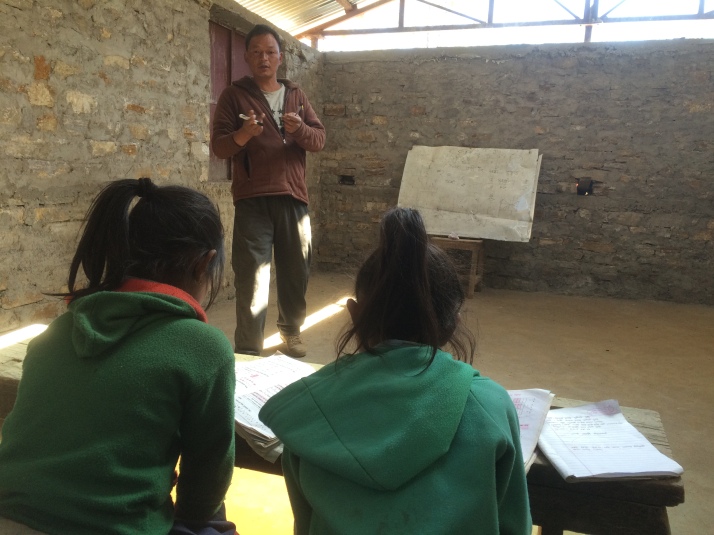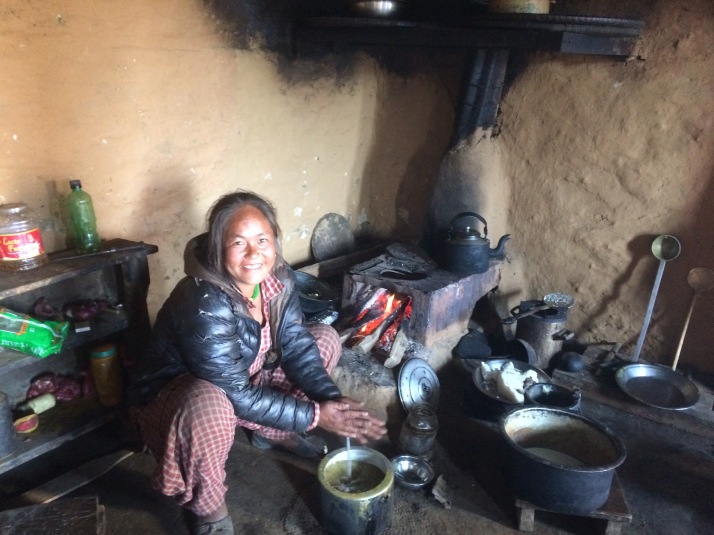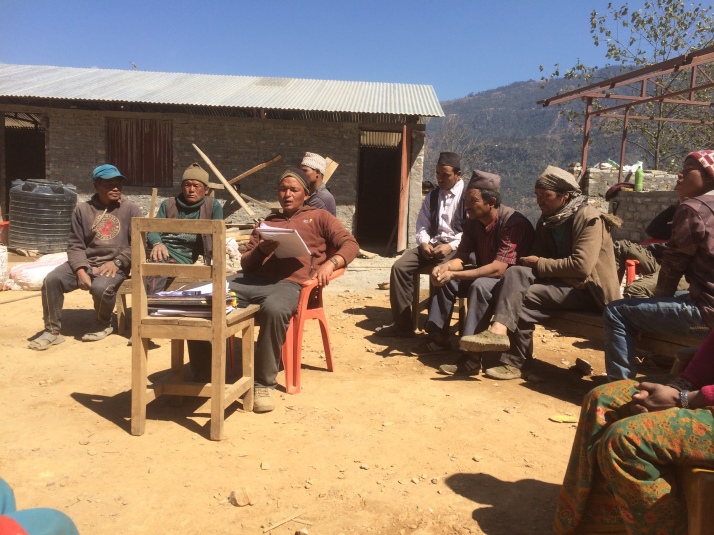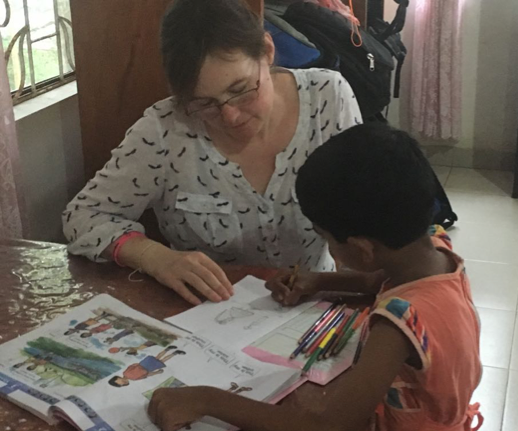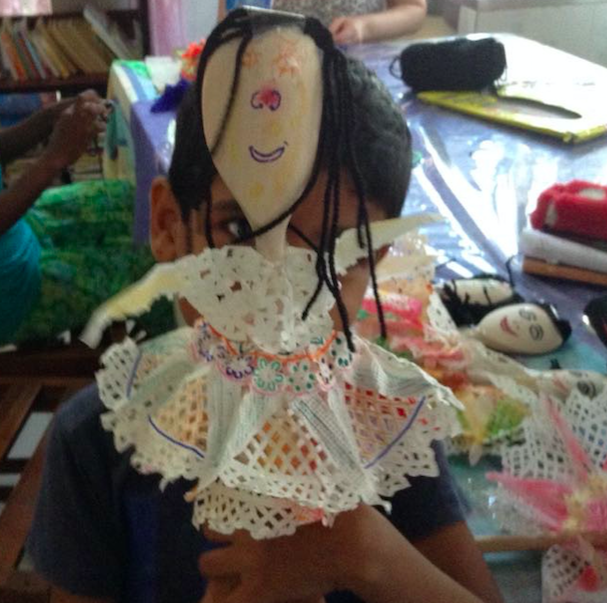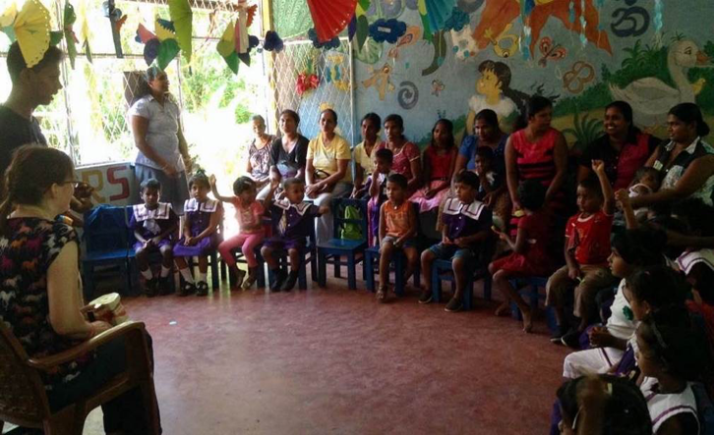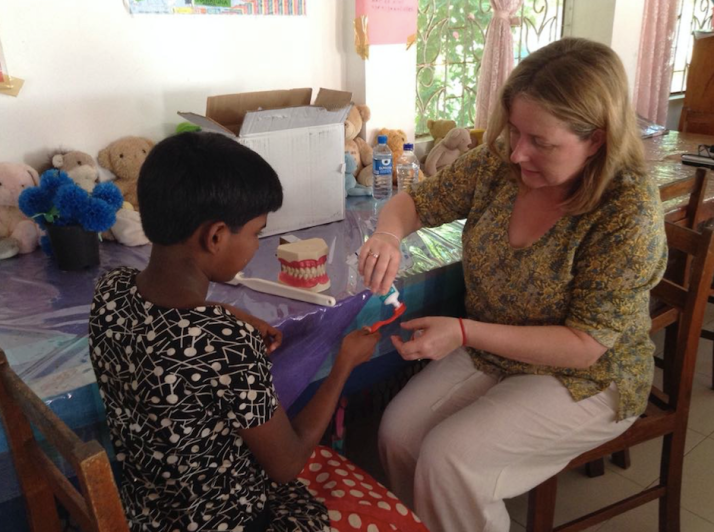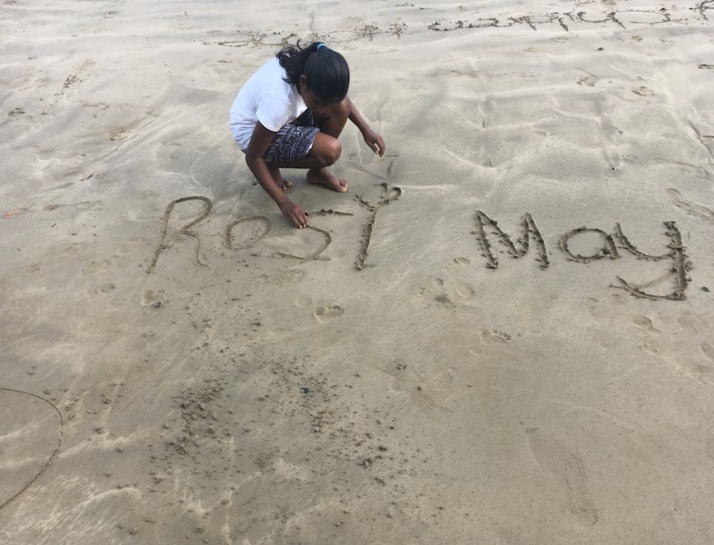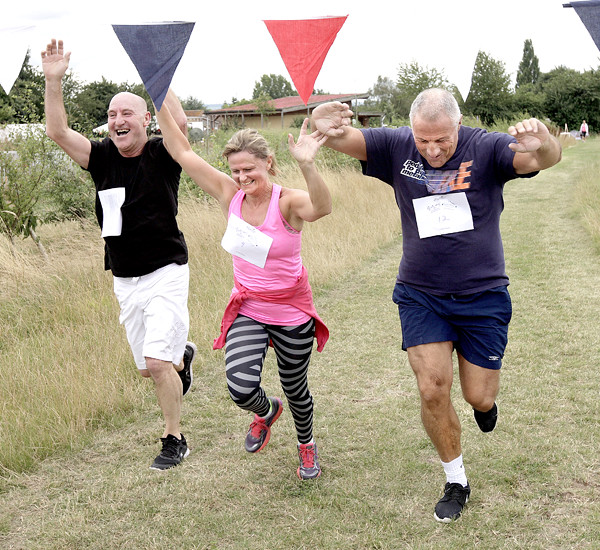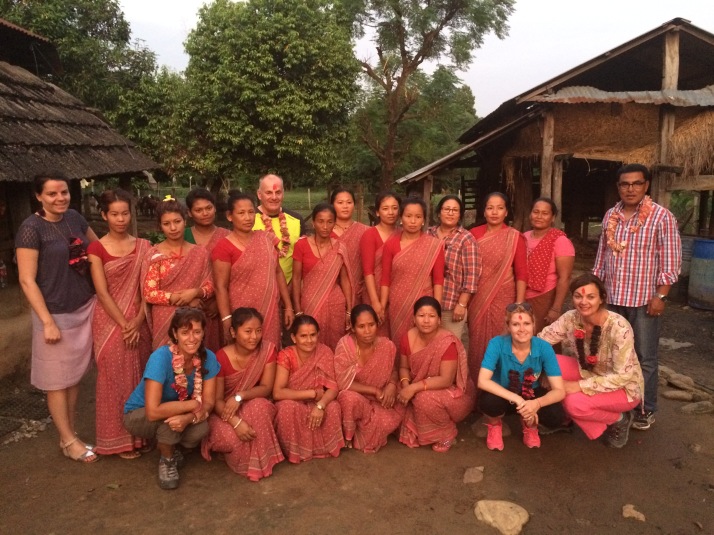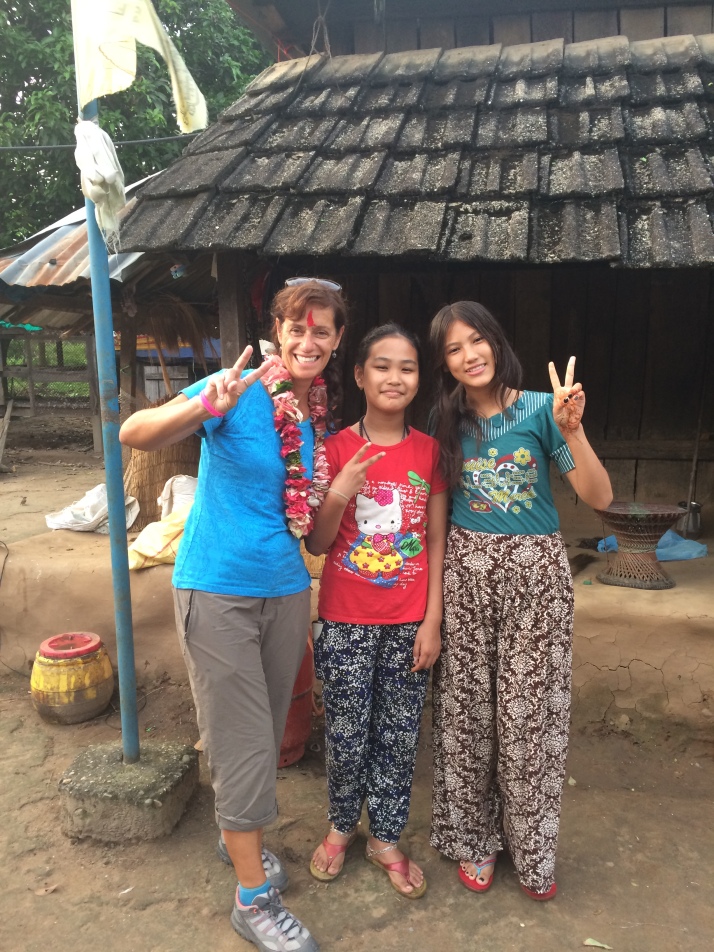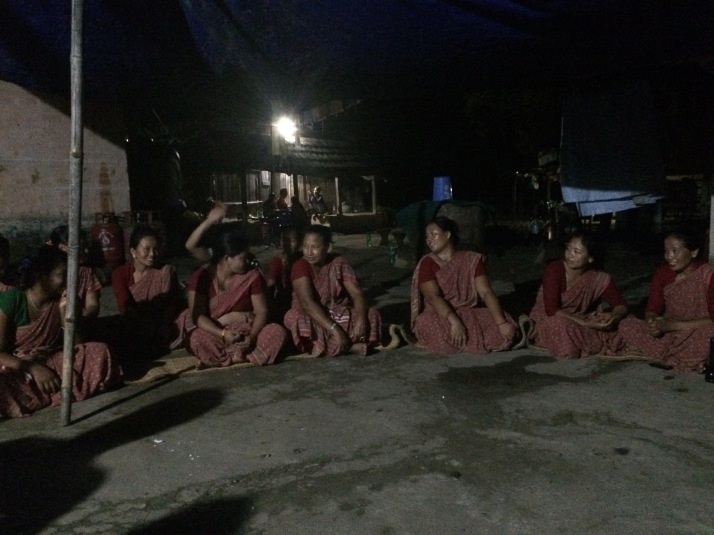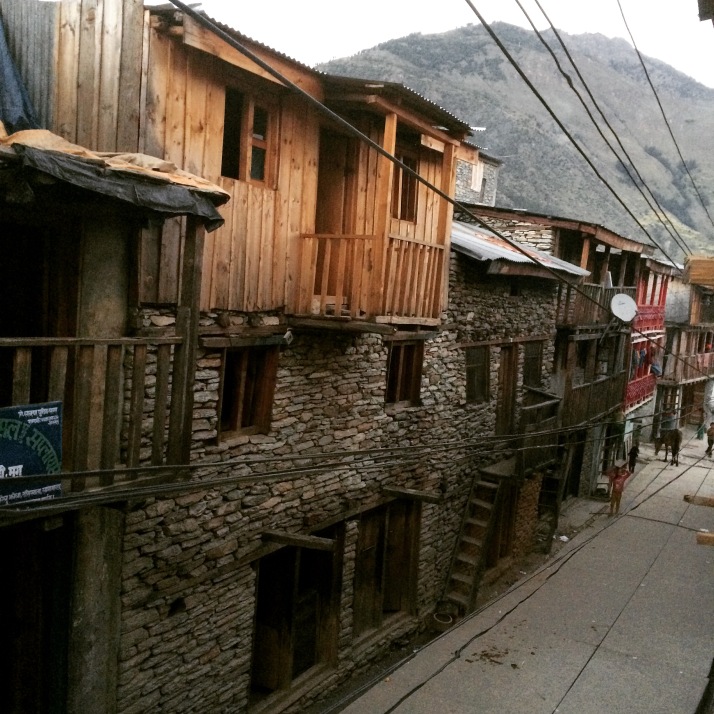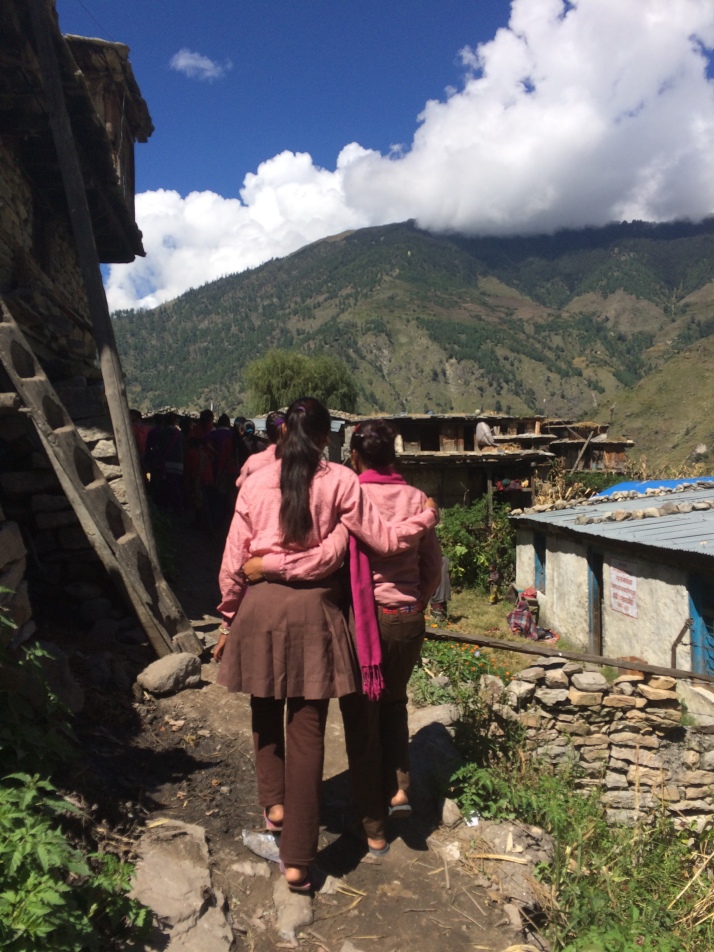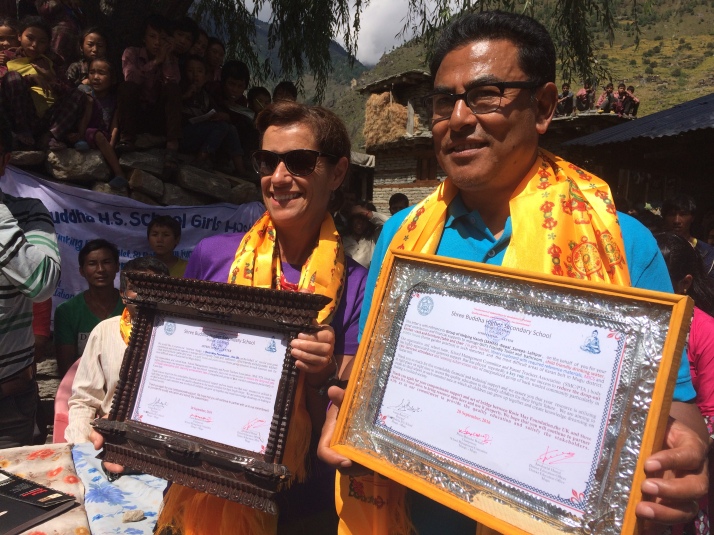Project Hope supports families in crisis. This project aims to support vulnerable families to stay together; tackling some of the main drivers of poverty and family disintegration. The reality in Sri Lanka is that mothers are so poor, orphanages become a realistic alternative to look after their children. For us, this means supporting mothers so that they can become the breadwinner for their family, where fathers have died or abandoned the family, to inspire a new generation of empowered women.
In the past few weeks, Sri Lanka has been in crisis. I have been working at Project Hope in Sri Lanka and spending time with the families we help. The news is full of stories of the torrential rain and devastating mudslides that have hit the country; the worst disaster since the 2004 Tsunami. Families were forced to leave their homes as they filled with water, and head for higher ground, sleeping in schools or temples. The aim of Project Hope is to stop family separation, and the risk of this is much greater during natural disasters, where the stress of providing for the family increases, and a mother may look to orphanages as an alternative to feed and clothe her child.
In some areas the water has now receded, leaving behind debris and destroyed belongings. Families have begun returning to their homes so we set off to visit our Project Hope families and make sure they are ok.
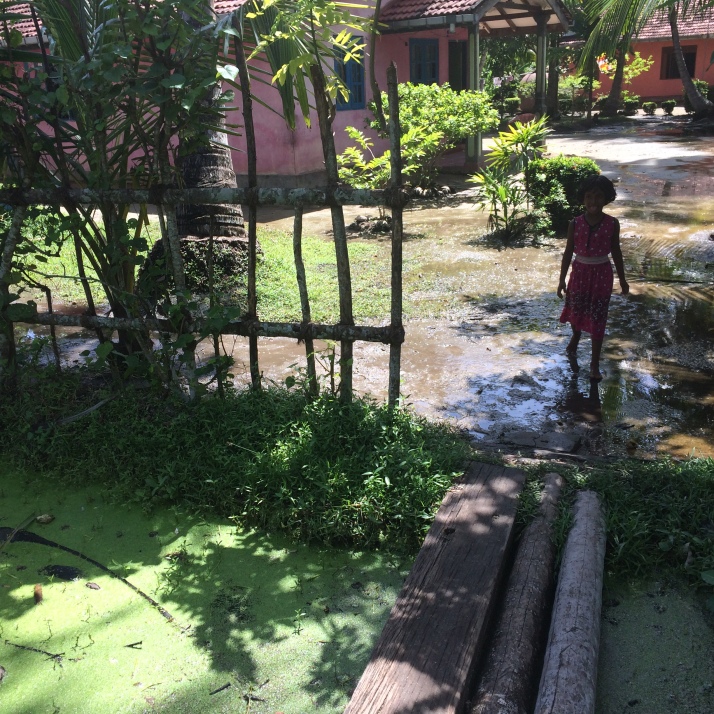
Being greeted through the water
Nandani was recommended to Project Hope after the death of her husband last year. When I entered her two-room house, I noticed her sick baby asleep under a mosquito net. She showed me the rugs she has been making, thanks to the training from Project Hope, which gives her an income. The flooding has destroyed her toilet, cracked the walls in her kitchen and the rain had caused holes in her roof. Now, it is important that her son keeps receiving medicine, as well as putting extra precautions in place to stop him falling victim to the many waterborne diseases that will be likely due to the standing water. This will be a common problem across the flood affected areas of Sri Lanka; water bourne diseases and things like Dengue fever, caused by mosquitos, will become rife, and relief agencies must be ready with the appropriate medicine. While we were talking, her two daughters, who were fascinated by my light skin edged closer and closer and eventually took me by the hand to show me around their damaged house, and wanted me to stay and play with them.
When I managed to say goodbye to the girls, we moved to the second family. Chandra Canti who lives with her two children and mother. When she came to Project Hope, they had no beds and shared a towel on the floor to sleep on. After donating beds, Chandra was trained to make and sell incense to earn a living for the family. Again, large amounts of the families possessions have been destroyed with the flooding, as well as destroying their toilet. As the majority of toilets in Sri Lanka are outside, it seems likely that the water will have damaged thousands of these, causing a large-scale sanitation problem, and furthering the chance of diseases spreading. Her sons, 8 and 10, climbed a tree to bring me guava (a Sri Lankan fruit), and told me that they were off school for a week due to the flooding. They showed me how to open a coconut (the Sri Lankan way!) and we drank the water inside! Their grandmother was watching us and kept telling me how she thanked God for Project Hope and the help they had been given, taking my hand and refusing to let me leave!
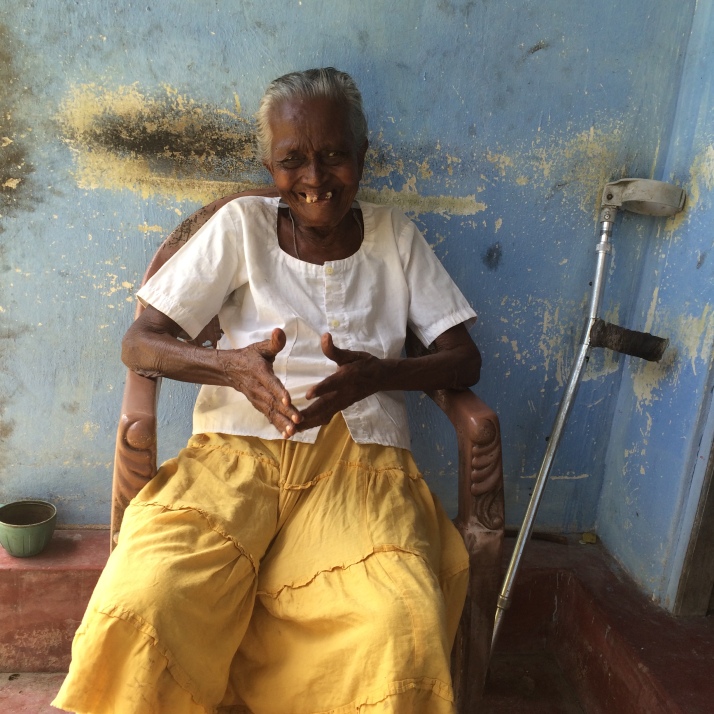
Chandra’s mother explained the flooding to us, while thanking God for Project Hope’s help. It was amazing to get to speak to her!
When natural disasters strike, women are usually disadvantaged. They are less likely to receive access to the resources needed to survive and rebuild, more likely to be dependent on others, and also have the added responsibility of uneven expectations concerning child care. Sexual abuse and discrimination often increases at times of emergencies, and issues specific to women often go ignored. For example, sanitary pads and other female hygiene products are often forgotten, or not seen as necessary in emergency rations. At the Rosie May Foundation, we intend to continue to give support to mothers throughout the emergency and continue this long term to ensure that women receive the economic and psychological support they deserve. As the floods disappear from the news, and the aid agencies slowly depart, these families will need our support more than ever to continue their lives when everything has been destroyed by the water. We will keep visiting more families, and supporting them until they are self sufficient again.
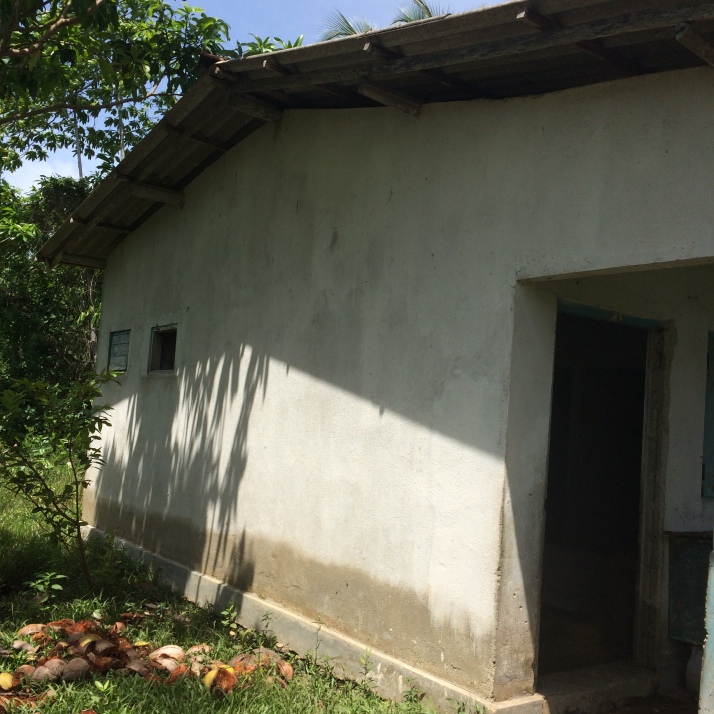
The water level from just days before is obvious on the building
What has been touching to witness is the Sri Lankan response to the crisis; every town has set up stalls to donate dry food and water, while most people send meals of rice and curry to temples as well as more supplies where they can afford it. The Sri Lankan determination and spirit has been beautiful to witness and something that RMF takes on board in our relief efforts.
Donate now to help these families!
For just £5 you can provide a mother with:
– 24 bottles of water
– a set of clean clothes.
For just one £10 donation, you can provide a family with:
– Lentils
– Rice
– Dry fish or Soya Meat
– 24 bottles of water
This provides the essentials needed for a family in Sri Lanka who have lost their home and everything they own in the flooding
One £20 donation can provide a vulnerable family with:
– 10 kilos of rice
– 3 Kilos of Dahl
– 200g Tea
– 2 kilos Sugar
– 3 cases of water
– one set of clean clothes
Donate to our flooding appeal now!
